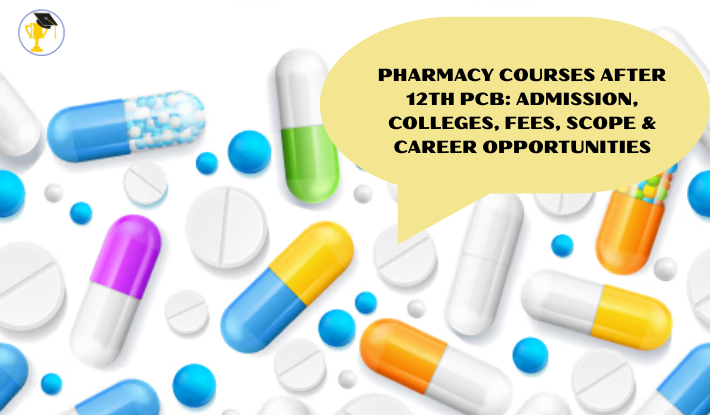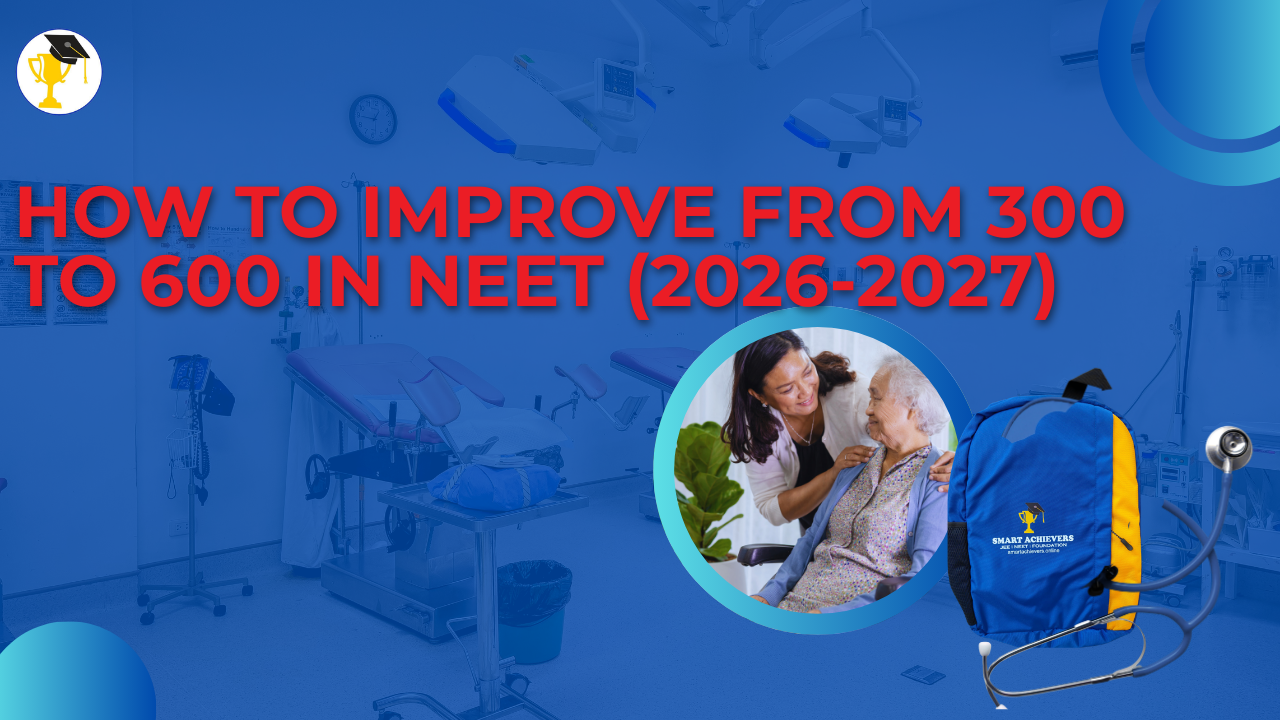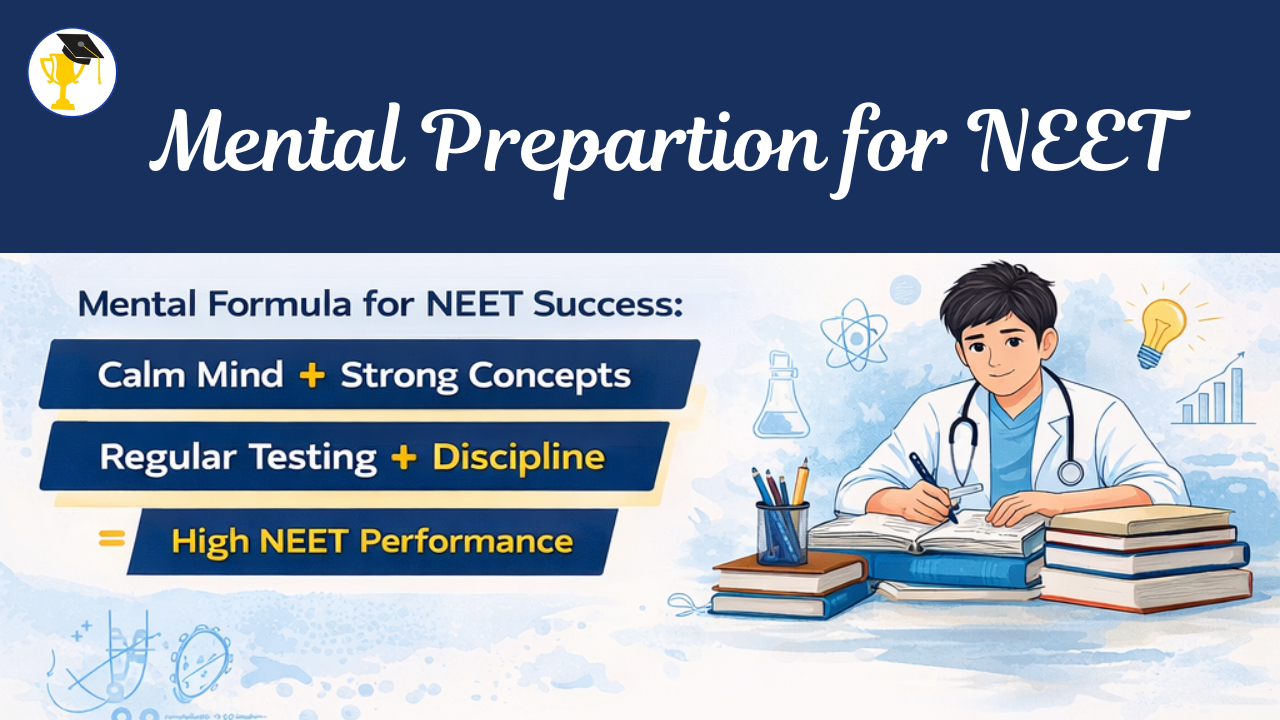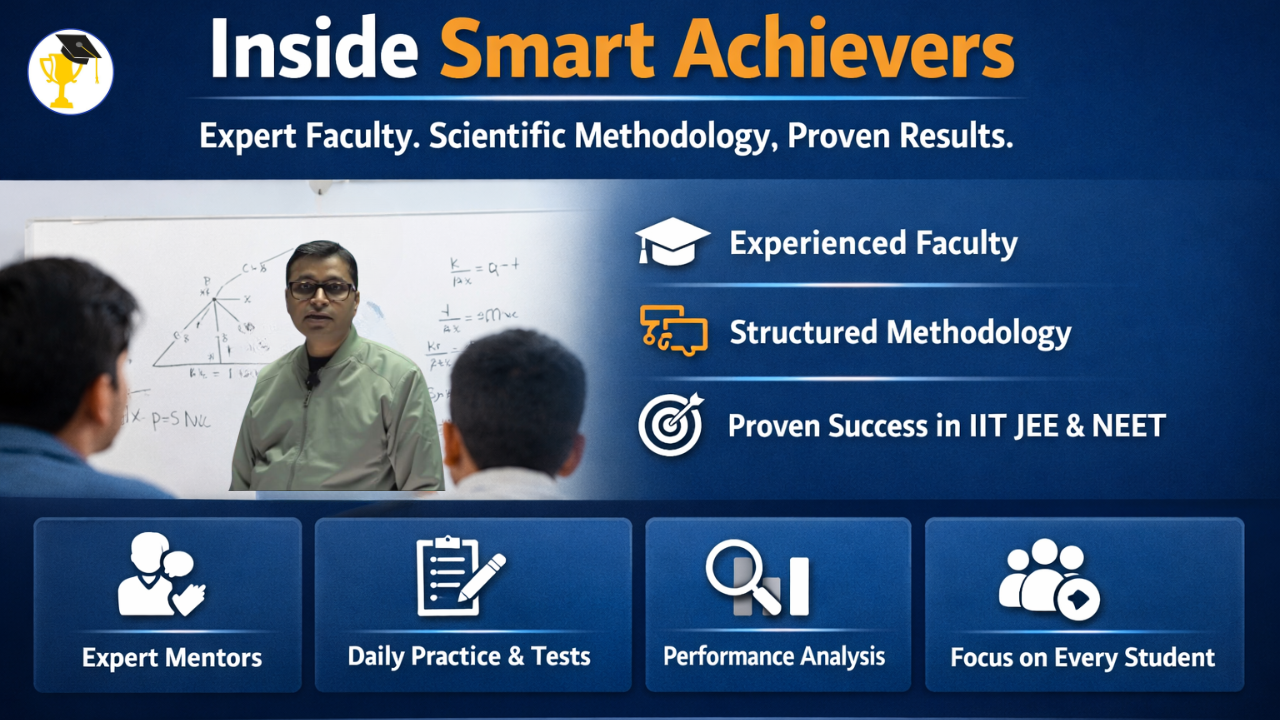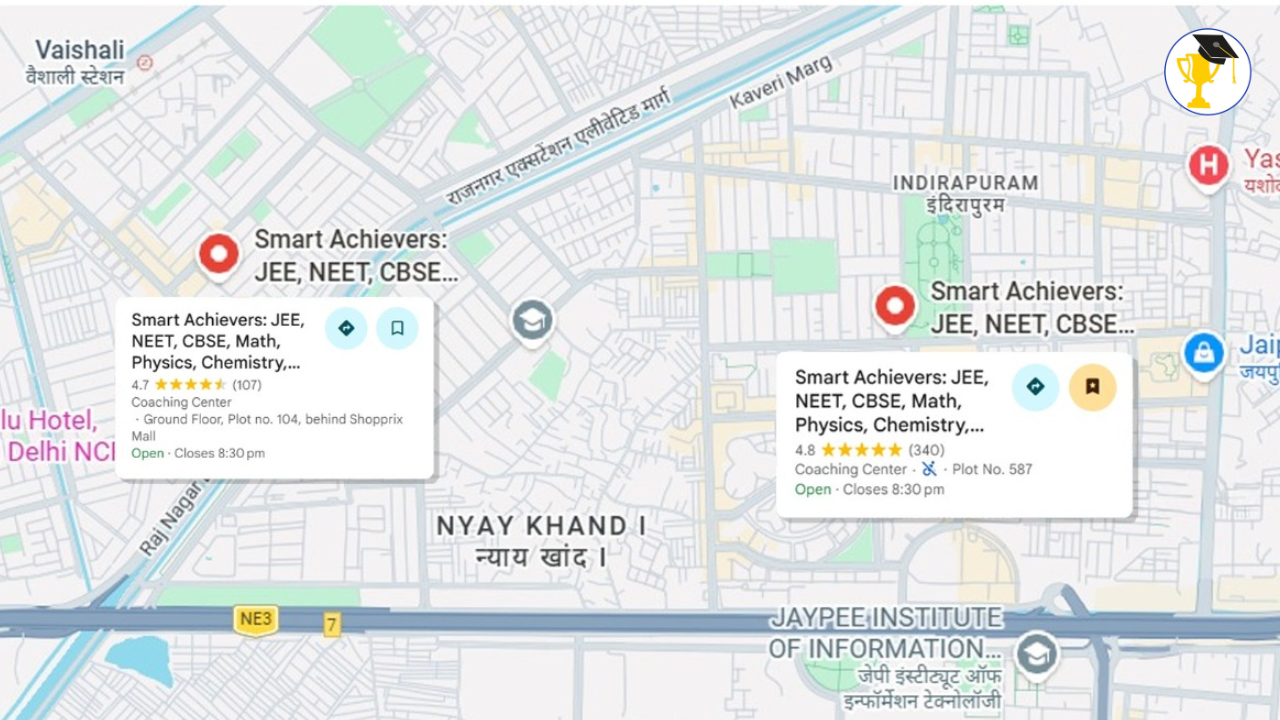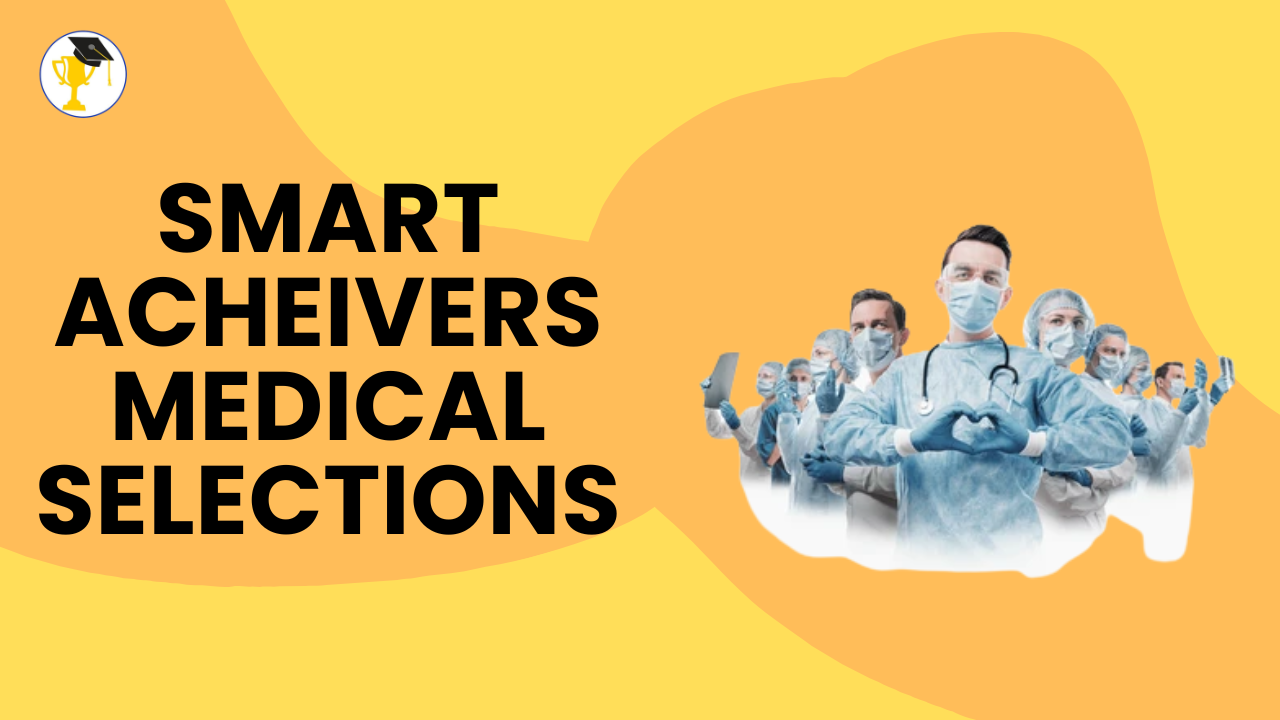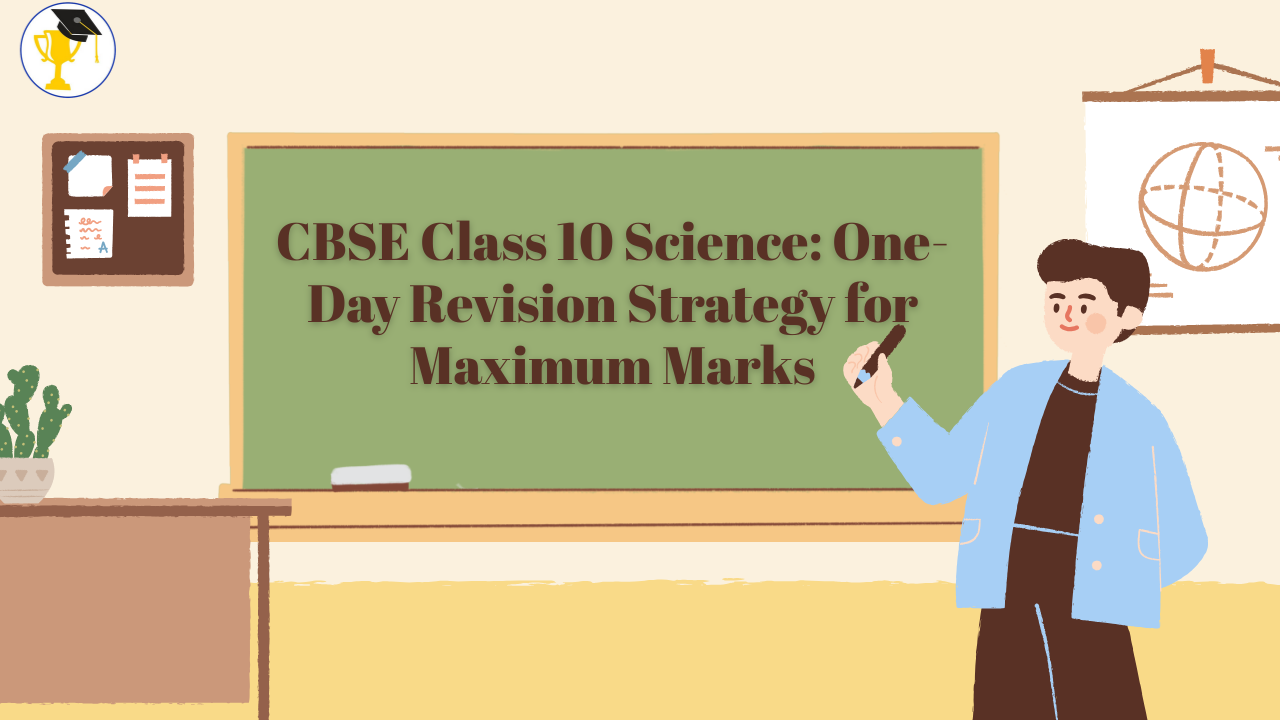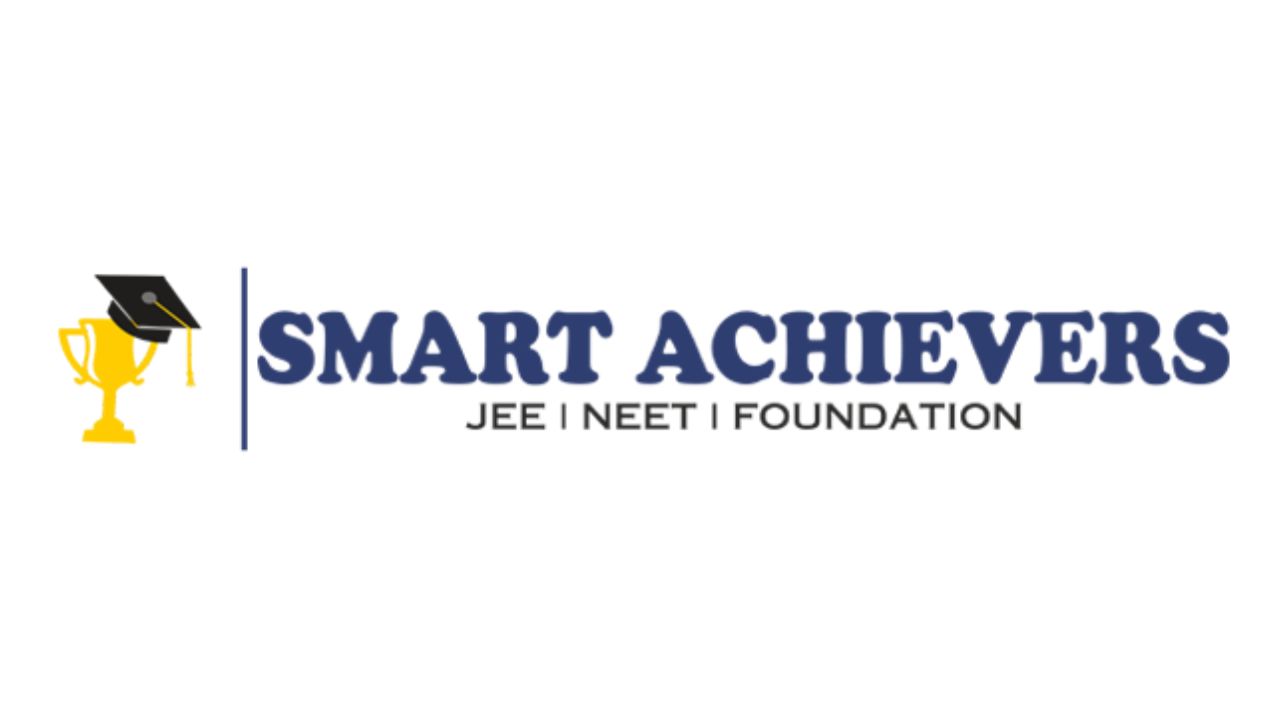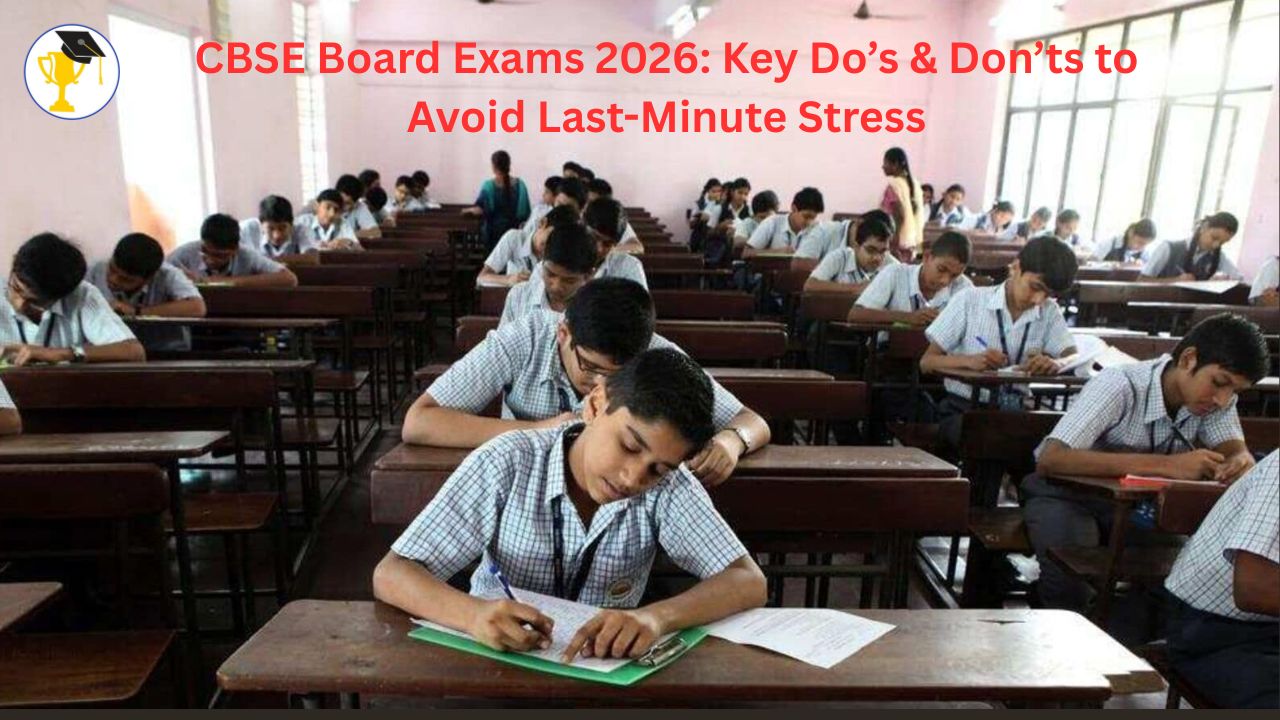Pharmacy Courses After 12th PCB: Admission, Colleges, Fees, Scope & Career Opportunities
The Pharmaceutical industry plays a vital role in healthcare — from developing life-saving medicines to ensuring their safe use. If you’re a PCB (Physics, Chemistry, Biology) student interested in science, medicine, and technology, then pursuing a Pharmacy course after 12th can lead to a rewarding and respected career.
Let’s explore everything about B.Pharm, D.Pharm, and M.Pharm courses — including eligibility, admission, syllabus, top colleges, fees, career options, and salary.
What is Pharmacy?
Pharmacy is the branch of science that deals with the research, development, production, and proper use of drugs and medicines.
Pharmacists are the bridge between doctors and patients — ensuring the right medicines are prescribed, safe, and effective.
Pharmacy professionals work in hospitals, pharmaceutical industries, biotech firms, and research labs, contributing directly to public health.
Pharmacy Courses After 12th PCB
There are multiple pathways for students to enter the field of pharmacy:
| Course Name |
Duration |
Type |
Eligibility |
| D.Pharm (Diploma in Pharmacy) |
2 years |
Diploma |
10+2 with PCB / PCM |
| B.Pharm (Bachelor of Pharmacy) |
4 years |
Undergraduate |
10+2 with PCB / PCM, min 50% |
| Pharm.D (Doctor of Pharmacy) |
6 years |
Professional |
10+2 with PCB / PCM |
| M.Pharm (Master of Pharmacy) |
2 years |
Postgraduate |
B.Pharm Degree |
| Ph.D. in Pharmacy |
3–5 years |
Doctorate |
M.Pharm or Equivalent |
Students with Physics, Chemistry, and Biology (PCB) or PCM in 12th are eligible for Pharmacy courses.
Eligibility Criteria
-
Qualification: 10+2 with PCB or PCM
-
Minimum Marks: 50–60% aggregate (varies by university)
-
Age Limit: Minimum 17 years
-
Entrance Exams:
-
NEET (optional for some institutes)
-
MHT CET, WBJEE, KCET, TS EAMCET, AP EAMCET
-
BITSAT / CUET / NIPER-JEE (for top universities)
Top Pharmacy Colleges in India
Government Colleges
| College Name |
Location |
| Jamia Hamdard University |
New Delhi |
| National Institute of Pharmaceutical Education & Research (NIPER) |
Mohali & other cities |
| Banaras Hindu University (BHU) |
Varanasi |
| Institute of Chemical Technology (ICT) |
Mumbai |
| Panjab University |
Chandigarh |
| Madras Medical College |
Chennai |
Private Colleges
| College Name |
Location |
| Manipal College of Pharmaceutical Sciences |
Manipal |
| Amity Institute of Pharmacy |
Noida |
| SRM Institute of Science & Technology |
Chennai |
| Lovely Professional University (LPU) |
Punjab |
| JSS College of Pharmacy |
Ooty / Mysuru |
| Poona College of Pharmacy |
Pune |
Fee Structure
| Course |
Average Annual Fee (INR) |
| D.Pharm |
40,000 – 1,00,000 |
| B.Pharm |
80,000 – 2,50,000 |
| Pharm.D |
1,50,000 – 3,00,000 |
| M.Pharm |
1,00,000 – 2,00,000 |
Government colleges have lower fees and offer scholarships through national and state-level schemes.
Subjects in Pharmacy
Pharmacy courses include both theoretical and practical components:
-
Pharmaceutical Chemistry
-
Human Anatomy & Physiology
-
Pharmacology
-
Pharmacognosy (study of medicinal plants)
-
Pharmaceutical Microbiology
-
Pharmaceutics (formulation of drugs)
-
Biochemistry
-
Pharmaceutical Biotechnology
-
Hospital & Clinical Pharmacy
-
Pharmacovigilance
In later years, students also conduct research projects and internships in pharmaceutical companies or hospitals.
Scope and Career Opportunities
Pharmacy graduates have a wide range of career options in healthcare, research, and industrial sectors.
Career Roles
-
Pharmacist / Clinical Pharmacist
-
Drug Research Scientist
-
Formulation & Development Officer
-
Pharmaceutical Sales Executive
-
Regulatory Affairs Specialist
-
Quality Control Analyst
-
Production Manager
-
Pharmacovigilance Officer
Industries Hiring Pharmacists
-
Pharmaceutical Companies (Sun Pharma, Cipla, Dr. Reddy’s, Lupin etc)
-
Hospitals & Healthcare Centers
-
Research Laboratories (ICMR, CSIR, NIPER)
-
Drug Regulatory Bodies (FDA, CDSCO)
-
Clinical Research Organizations (IQVIA, Covance, Parexel)
Opportunities Abroad
Pharmacy professionals are in high demand globally due to the growing healthcare and pharmaceutical sectors.
Top Countries for Pharmacy Careers
| Country |
Average Salary (INR Equivalent) |
Licensing Exam |
| USA |
50–90 LPA |
NAPLEX |
| UK |
40–70 LPA |
OSPAP + GPhC |
| Canada |
35–65 LPA |
PEBC |
| Australia |
40–60 LPA |
AHPRA |
| UAE / Gulf |
25–45 LPA |
MOH / HAAD / DHA |
Indian pharmacists can pursue Pharm.D or M.Pharm abroad for better career opportunities and global exposure.
Higher Education After B.Pharm
After completing B.Pharm, students can pursue:
-
M.Pharm (specializations):
-
Pharmacology
-
Pharmaceutics
-
Pharmaceutical Chemistry
-
Industrial Pharmacy
-
Pharmacognosy
-
MBA in Pharmaceutical Management
-
Pharm.D (Post Baccalaureate)
-
Ph.D. in Pharmacy / Life Sciences
Postgraduate education can lead to research, academic, or managerial positions in the pharma industry.
Salary Range
| Level |
Average Salary (INR/year) |
| D.Pharm Graduate |
2–4 LPA |
| B.Pharm Graduate |
3–6 LPA |
| M.Pharm / Pharm.D |
5–12 LPA |
| Abroad (Pharmacist) |
40–90 LPA |
Salaries depend on specialization, experience, and location. Research and clinical roles offer the highest pay.
Why Choose Pharmacy After 12th PCB?
Combines biology, chemistry, and technology
High global demand for skilled pharmacists
Wide range of career paths — clinical, industrial, or research
Option to work in India or abroad
Contributes directly to public health and innovation
Conclusion
Choosing Pharmacy after 12th PCB is an excellent option for students who want to make a meaningful impact in healthcare and medicine.
Whether you aspire to become a pharmacist, researcher, or entrepreneur, this field offers stability, respect, and global recognition.
In a world constantly seeking better healthcare solutions, pharmacists stand at the front line of innovation and care.
Also Read this:
https://smartachievers.online/career-options-after-pcb-without-neet
 STUDY MATERIALS
STUDY MATERIALS
 COURSES
COURSES
 MORE
MORE

